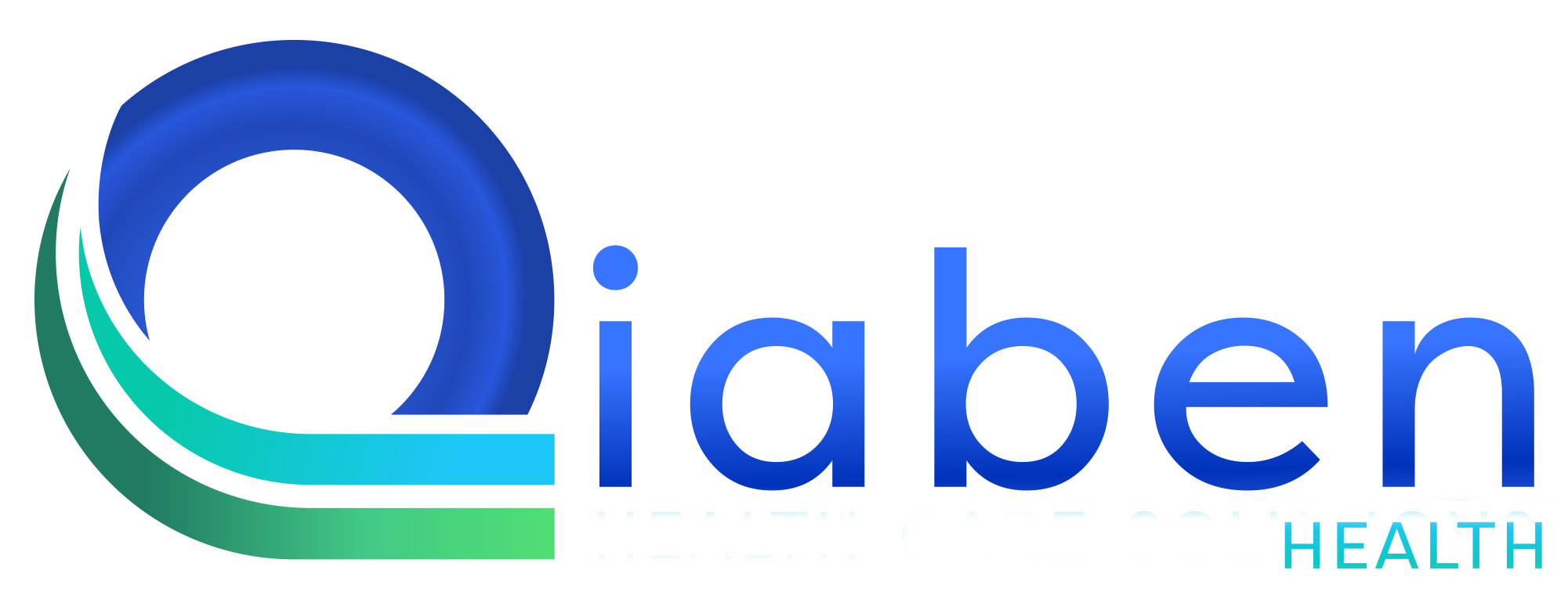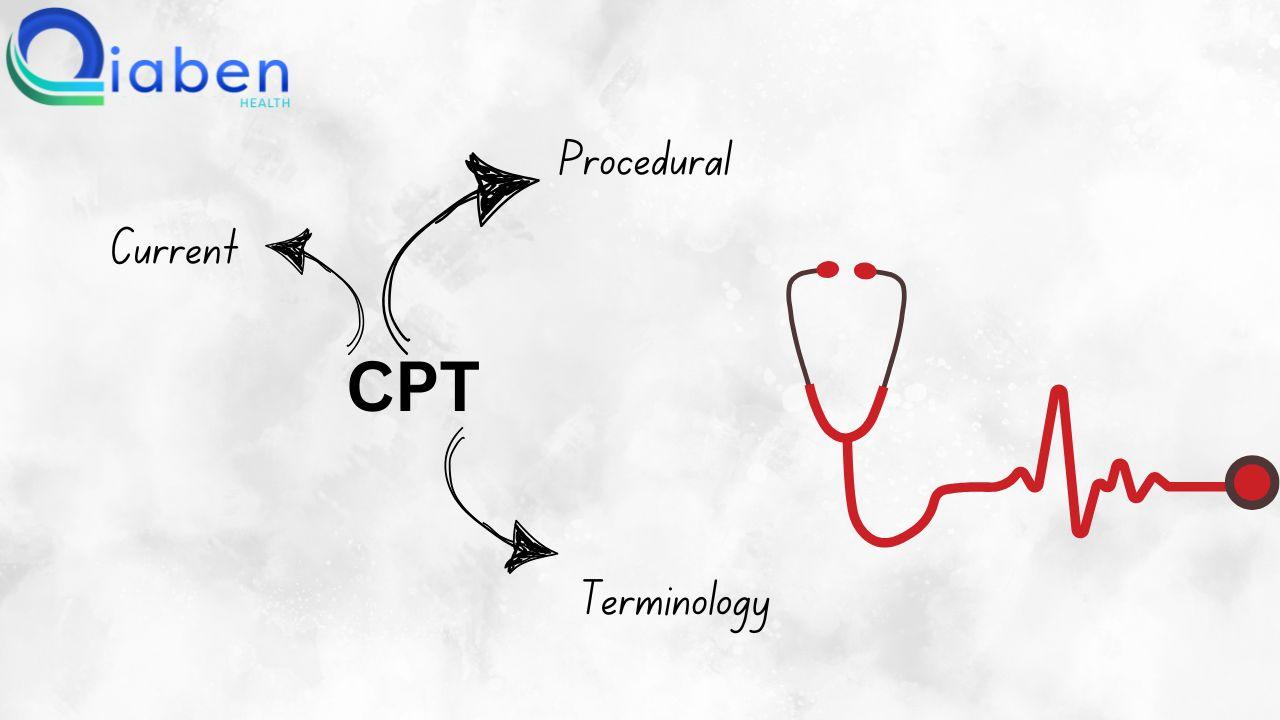Can AI Predict Billing Trends?
In today’s healthcare landscape, billing is a critical aspect that demands efficiency and accuracy. As practices handle large volumes of medical and dental billing, keeping up with the ever-evolving financial aspects can be daunting. With the advent of Artificial Intelligence (AI), the question arises: Can AI predict billing trends? And if so, how does this revolution impact patient billing and healthcare administration?
In this blog, we explore how AI technologies are transforming the billing processes, streamlining operations, and helping healthcare professionals to forecast billing patterns with precision. This article will dive deep into the benefits of AI-driven solutions, their application in medical and dental billing, and the potential to reshape the future of billing trends.
The Role of AI in Healthcare Billing
Artificial Intelligence is no longer just a futuristic concept; it’s a powerful tool that is helping streamline billing processes. For medical and dental billing, AI-driven solutions can analyze historical data, identify patterns, and predict potential trends that might affect the revenue cycle. This insight allows healthcare providers to anticipate patient billing trends, adjust strategies accordingly, and ultimately reduce billing errors.
In medical billing services, AI tools help by automating repetitive tasks such as coding, claim submissions, and payment tracking. These enhancements increase operational efficiency while reducing the risk of human error. AI’s ability to learn from past data and predict future outcomes ensures that healthcare providers are better equipped to manage cash flow, decrease delays in claims, and focus on improving patient care.
The Role of AI in Healthcare Billing
AI prediction models work by analyzing historical billing data and extracting meaningful patterns. It considers multiple factors such as seasonality, patient demographics, changes in regulations, and healthcare trends.
For example, during certain seasons, patient billing volume may fluctuate due to increased hospital visits for flu cases or other seasonal illnesses. By analyzing this data over the years, AI models can project the billing trends during a specific period. This allows medical practices to prepare in advance, both operationally and financially, ensuring smooth patient care and billing processes.
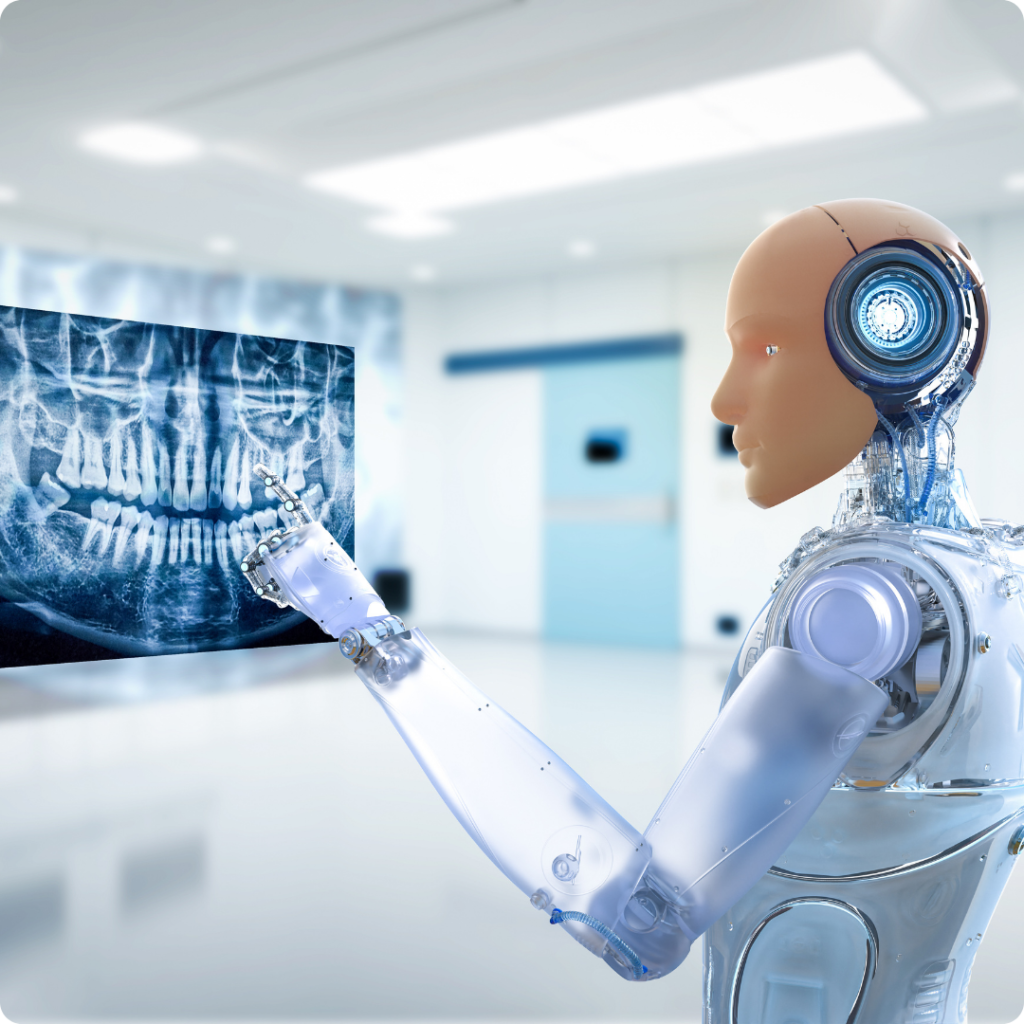
Benefits of AI-Driven Medical and Dental Billing
Implementing AI into billing systems offers numerous advantages, making it an essential part of modern healthcare administration. Here are some of the key benefits.
- Increased Accuracy:
AI reduces the chances of human errors in patient billing by automating repetitive tasks like data entry and claims submission. This ensures precise coding and categorization of medical procedures, leading to fewer rejected or delayed claims.
- Faster Revenue Cycle: By predicting billing trends, AI helps optimize the revenue cycle. Practices can forecast when patient billing volumes are likely to rise or fall and adjust their resources accordingly. Additionally, AI can quickly flag any irregularities or errors in submitted claims, speeding up the revenue collection process.
- Improved Decision-Making:
AI provides real-time analytics, giving healthcare administrators valuable insights into patient billing behavior, financial health, and operational performance. Decision-makers can use this data to make informed choices, such as adjusting staffing levels, modifying patient care strategies, or re-evaluating pricing models.
- Cost Reduction: Automation and predictive insights significantly reduce operational costs. AI medical billing systems eliminate the need for manual interventions in coding and billing processes, saving both time and financial resources.
- Better Patient Experience:
When billing processes are seamless and accurate, patients are less likely to experience billing disputes. This enhances trust between patients and healthcare providers, ensuring a smoother billing journey.
AI in Patient Billing: What’s Changing?
AI medical billing isn’t just about predicting financial trends. It’s also transforming how patient billing is managed. The complexity of patient billing often leads to confusion, delayed payments, and even non-payments. AI helps simplify this by ensuring transparency at every step.
- Personalization: AI tools can personalize billing statements based on individual patient profiles, breaking down complex information into digestible formats. Patients can better understand what they owe and why, which makes them more likely to pay on time.
- Fraud Detection: AI models are adept at recognizing unusual billing patterns, enabling healthcare providers to spot potential fraud or errors before they escalate. This safeguard protects both patients and healthcare providers from significant financial losses.
- Patient Communication: AI-driven chatbots and customer service systems can also help resolve billing queries faster and more efficiently. Automating patient communication ensures questions are answered promptly, leading to better patient satisfaction.
Common Questions About AI in Medical and Dental Billing
Related: Is AI Expensive for Medical?
1. How does AI reduce errors in medical and dental billing?
2. Can AI completely replace manual billing processes?
3. How does AI predict future billing trends?
4. Is AI only beneficial for large healthcare practices?
5. How can AI improve patient experience in billing?
The Future of AI in Healthcare Billing
As AI continues to evolve, its application in the healthcare sector will likely expand. In the future, AI could become even more integrated into patient billing processes, automating end-to-end workflows. We may see advanced AI tools offering more personalized patient billing options, predicting payment delays, or even adjusting billing models based on real-time economic conditions.
For healthcare providers, this means embracing AI medical billing as an investment in long-term efficiency, accuracy, and patient satisfaction.
At Qiaben Health, we believe that AI is not just a tool for predicting billing trends—it’s a game changer for the entire healthcare billing industry. By integrating AI solutions into our medical and dental billing services, we are paving the way for a more efficient, error-free, and patient-centered approach. With the rise of AI, we foresee a future where billing is no longer a pain point for healthcare providers or patients.
If you are looking for a billing partner who embraces the future of AI, look no further than Qiaben Health. We combine human expertise with cutting-edge technology to ensure seamless patient billing experiences.

Unlocking the Secrets of Dental Billing: Simplify, Save, and Succeed
At first, dental billing can be overpowering and difficult. If we understand the proper tactics and knowledge about billing, it seems more flexible to work on that.

Empower Growth with Trusted Physician Credentialing Service
In today’s fast-paced healthcare environment, efficiency and compliance are key to success. One essential process that often goes unnoticed but holds massive importance is physician

Transform Your Medical Practice with Qiaben’s OpenEMR Billing Expertise
INTRODUCTION Healthcare operations in the modern era demand complete accuracy and operational efficiency to succeed. Healthcare facilities throughout the United States adopt modern open-source systems

How to Customize OpenEMR for Your Specialty (Dental, Dermatology, etc.)
Introduction system Specific OpenEMR settings for dental and dermatology help medical practices work more effectively while caring for patients better. With hands-on OpenEMR expertise Qiaben

Exploring OpenEMR’s Core Features: What You Need to Know
Introduction OpenEMR exists as a thorough open-source electronic medical record (EMR) system which streamlines diverse medical practice administrative functions. Qiaben provides specialized services to enhance
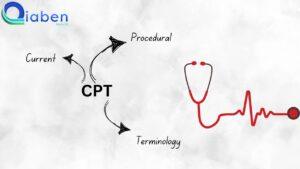
CPT Codes in Medical Billing: Everything You Need to Know
Medical billing services play a crucial role in the healthcare industry. One of the key components of this process is the use of Current Procedural
